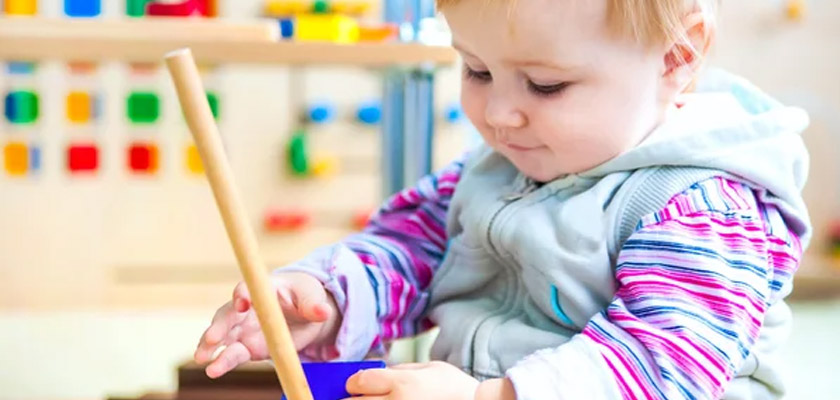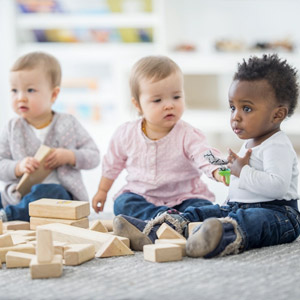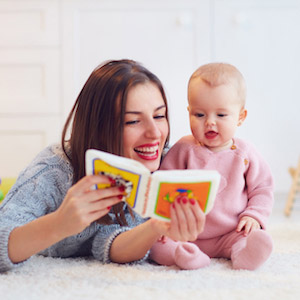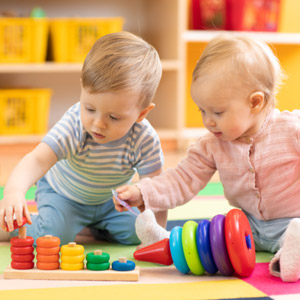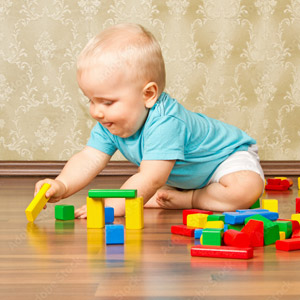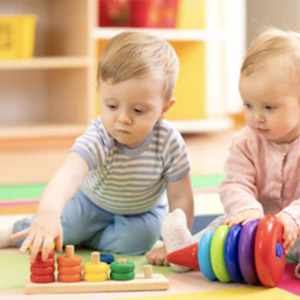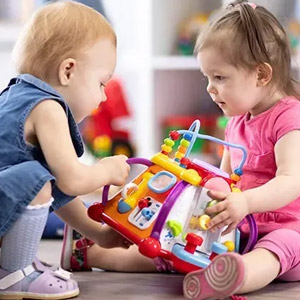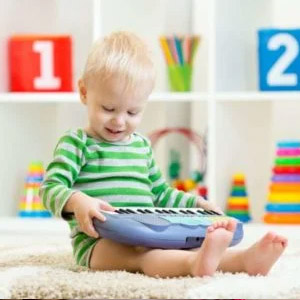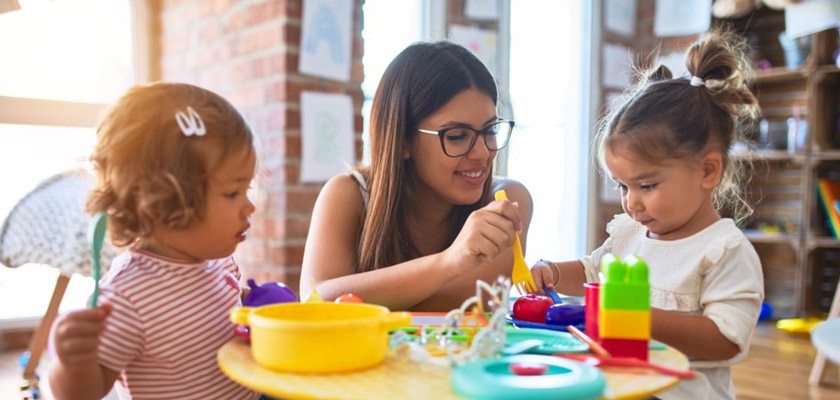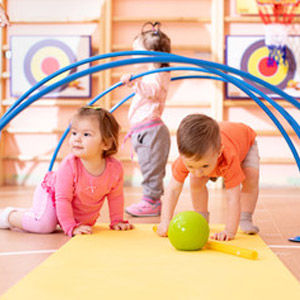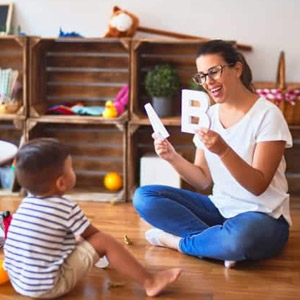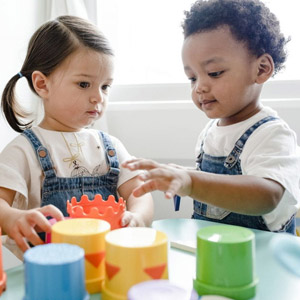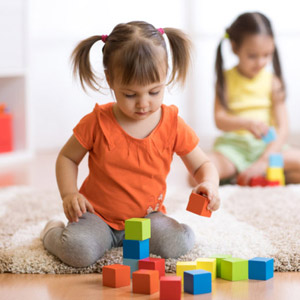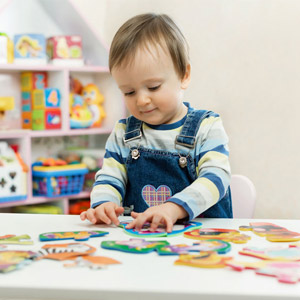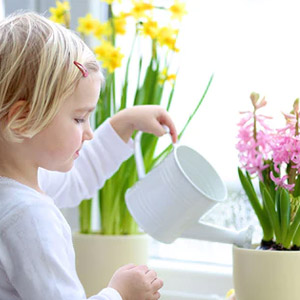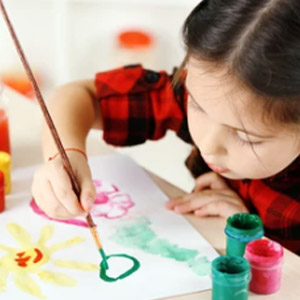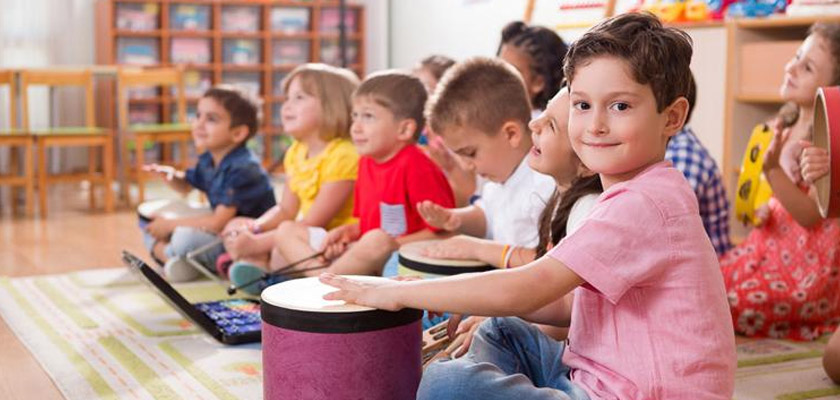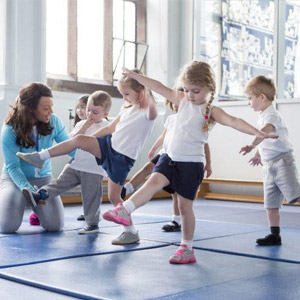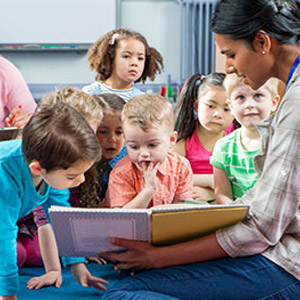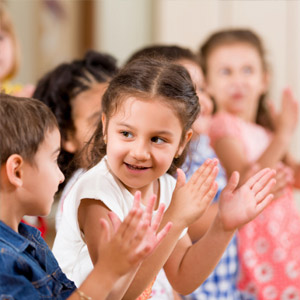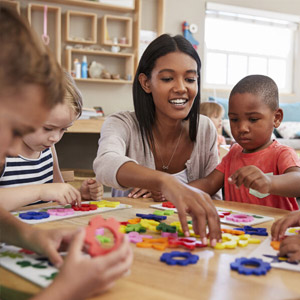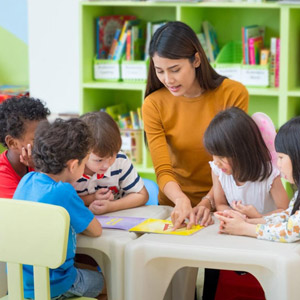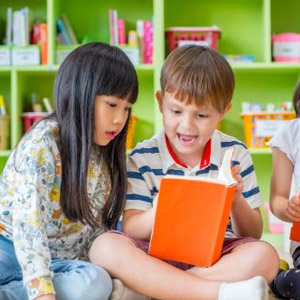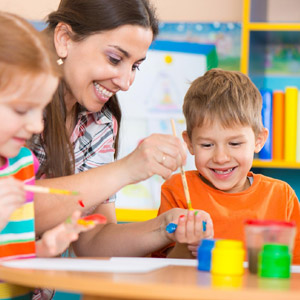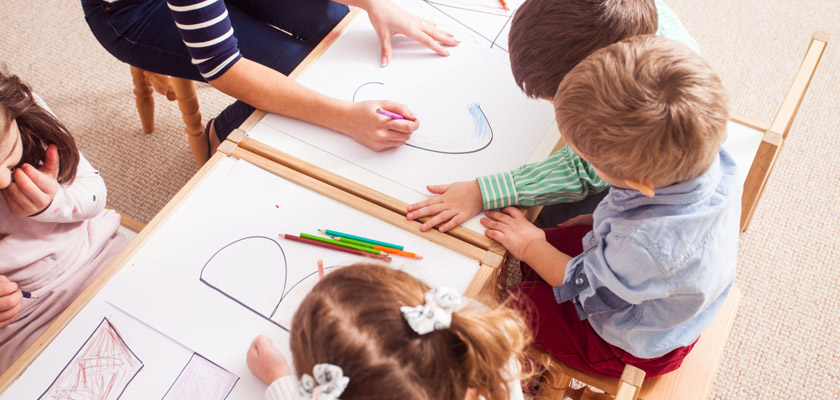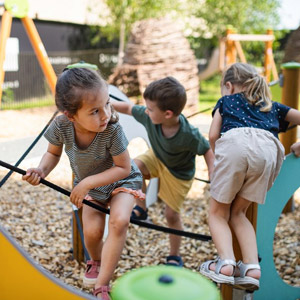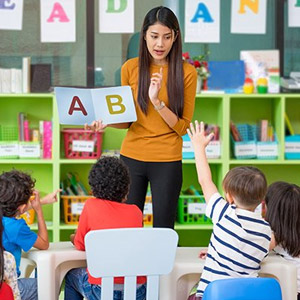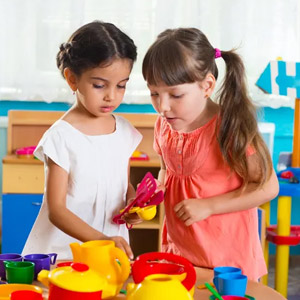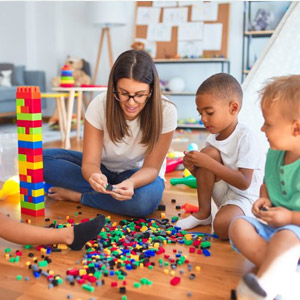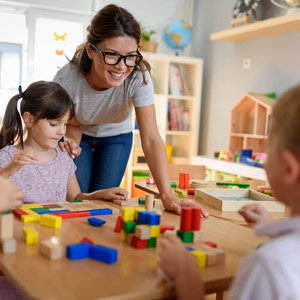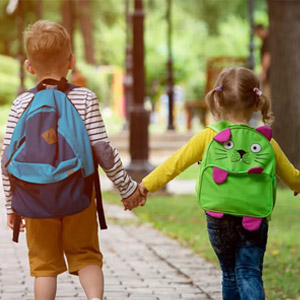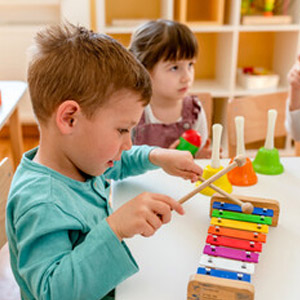SCIENCE
TECHNOLOGY
ENGINEERING
MATHEMATICS
SCIENCE
”S” is for science. The basis for scientific discoveries is being a good observer. Help build strong observation skills in your child by playing games that include examination, such as “I Spy” or “20 Questions.” Go on a nature hunt or try birdwatching.

The nature of our STEM-based curriculum includes:
- Applying real-world scenarios to bring kids out of the classroom and show how they can use subjects in real life.
- Hands-on learning provides a unique way of interacting with school subjects, increasing the children’s excitement about the subject.
- Encourage the students to think critically as they work to solve problems, STEM activities require students to go through trial and error to determine what methods work best.
- Encourages independent exploration of subject matter.
- Teaches collaboration by encouraging children to work in groups to find the best solution, communicate their ideas, and respect each other opinions.
- Builds Resilience by teaching children to develop a healthier relationship with failure and instead reframes it as a learning opportunity.
TECHNOLOGY
”T” is for technology. Show how to safely search the internet to find the answer to problems you are trying to solve.
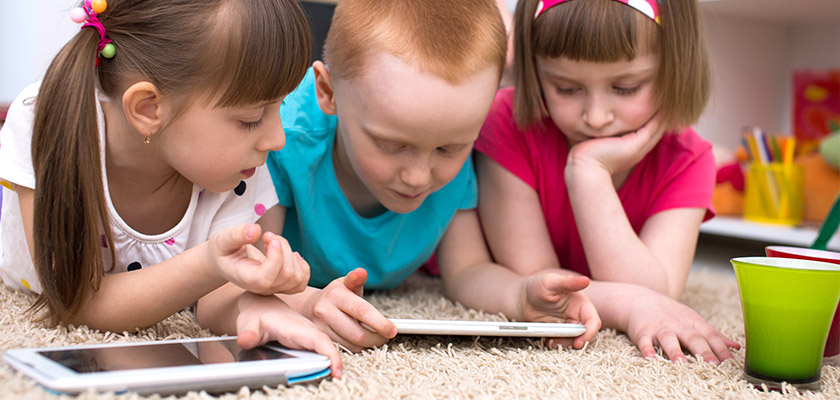
The nature of our STEM-based curriculum includes:
- Applying real-world scenarios to bring kids out of the classroom and show how they can use subjects in real life.
- Hands-on learning provides a unique way of interacting with school subjects, increasing the children’s excitement about the subject.
- Encourage the students to think critically as they work to solve problems, STEM activities require students to go through trial and error to determine what methods work best.
- Encourages independent exploration of subject matter.
- Teaches collaboration by encouraging children to work in groups to find the best solution, communicate their ideas, and respect each other opinions.
- Builds Resilience by teaching children to develop a healthier relationship with failure and instead reframes it as a learning opportunity.
ENGINEERING
”E” is for engineering. Offer building challenges that create STEM learning opportunities. Try building a tower with cups or make a bridge for plastic animals to walk over.
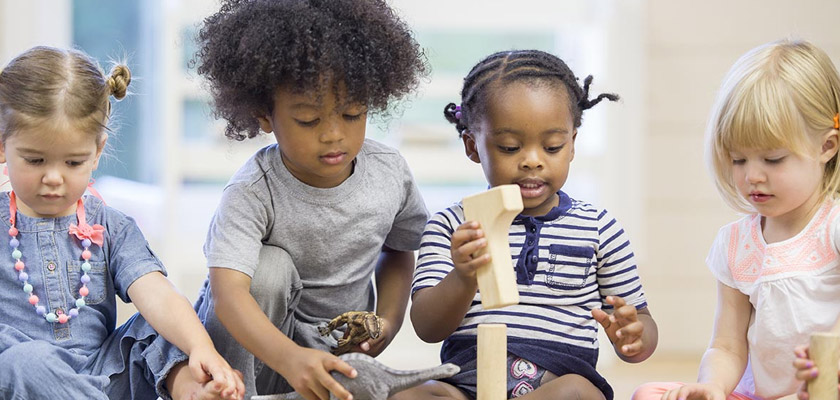
The nature of our STEM-based curriculum includes:
- Applying real-world scenarios to bring kids out of the classroom and show how they can use subjects in real life.
- Hands-on learning provides a unique way of interacting with school subjects, increasing the children’s excitement about the subject.
- Encourage the students to think critically as they work to solve problems, STEM activities require students to go through trial and error to determine what methods work best.
- Encourages independent exploration of subject matter.
- Teaches collaboration by encouraging children to work in groups to find the best solution, communicate their ideas, and respect each other opinions.
- Builds Resilience by teaching children to develop a healthier relationship with failure and instead reframes it as a learning opportunity.
MATHEMATICS
”M” is for math. Explain that patterns are displays that repeat themselves (can be in nature or manmade). Help your child look for patterns in the world such as repeating numbers on a license plate or rings of wood on a cut tree trunk.

The nature of our STEM-based curriculum includes:
- Applying real-world scenarios to bring kids out of the classroom and show how they can use subjects in real life.
- Hands-on learning provides a unique way of interacting with school subjects, increasing the children’s excitement about the subject.
- Encourage the students to think critically as they work to solve problems, STEM activities require students to go through trial and error to determine what methods work best.
- Encourages independent exploration of subject matter.
- Teaches collaboration by encouraging children to work in groups to find the best solution, communicate their ideas, and respect each other opinions.
- Builds Resilience by teaching children to develop a healthier relationship with failure and instead reframes it as a learning opportunity.
Classrooms That Inspire Learning
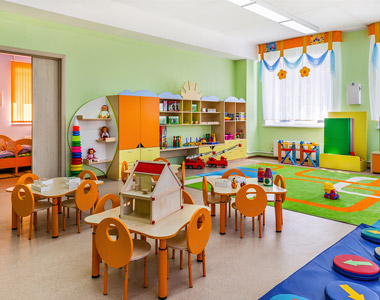
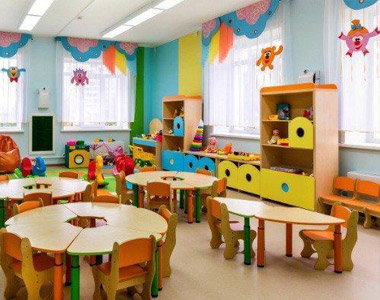
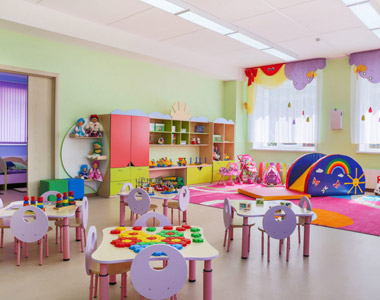
At St. Luke Academy we believe that the environment is the key to creating a joyful place for learning and we put a great deal of thought and care into creating those joyful places. Our classrooms consider not only what children need in a space, but how they will use it. We know our school will form an integral part of a child’s earliest learning and with that in mind, we carefully curate high-quality materials for every classroom to create beautiful environments with rich, open-ended experiences that nurture development and inspire learning.




